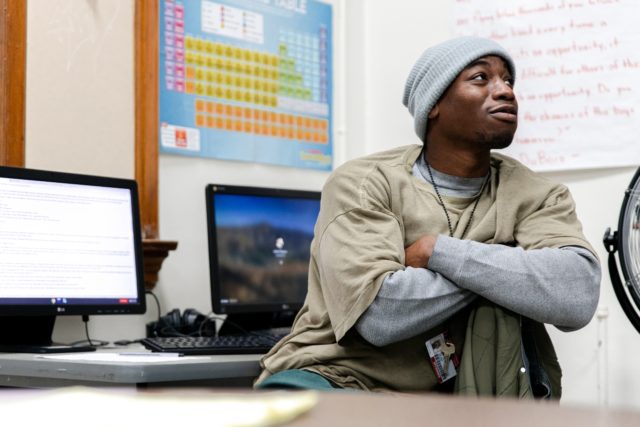“The best part, for me, is seeing the personal transformation in the students. It is consistent with what I see in the Odyssey Project community-based program and I think it’s deeply needed in the prison system where you have folks trapped in a pattern of behavior that sometimes they can’t see their way out of,” says Peter Moreno, Odyssey Beyond Bars director.
“The Odyssey course is wonderful in that it combines this great academic experience with a kind of opportunity of introspection that leads to real transformation in people’s lives,” he adds.
Now in its 18th year, the University of Wisconsin-Madison Odyssey Project offers a free two-semester humanities class for 30 people where they provide textbooks, childcare, and a weekly dinner for students who live near the poverty line. The students are over 90% people of color and over half are single parents. In 2019, the innovative program launched Odyssey Beyond Bars, which offers students in prison the same kind of introduction to college that the Odyssey Project already provides to community-based students.
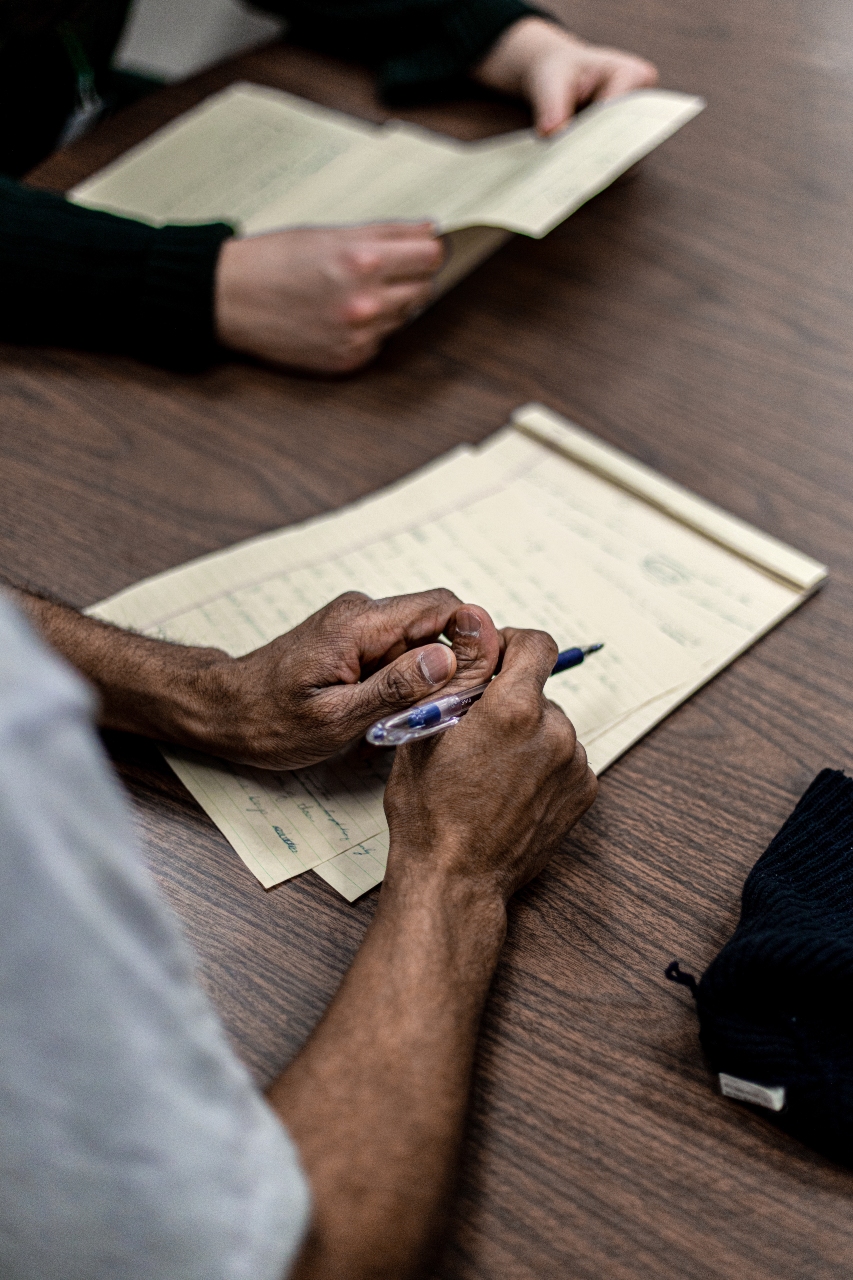
(Photo credit: Chris Bacarella)
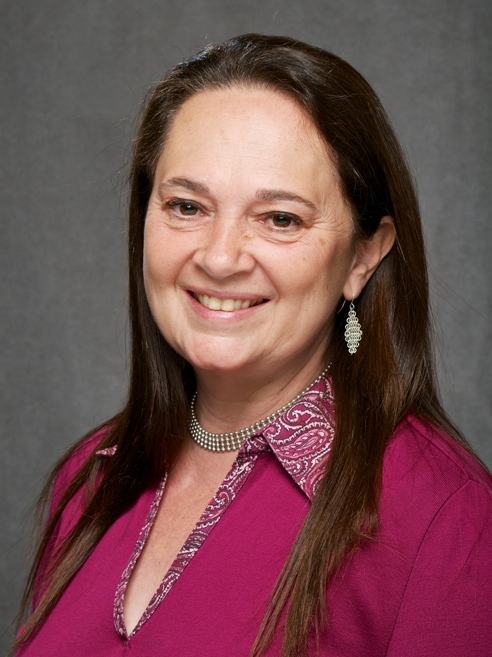
Odyssey Behind Bars, a program started by former Wisconsin Public Radio host Jean Feraca and Rev. Jerry Hancock of the Prison Ministry Project, has been teaching non-credit courses for five years now at Fox Lake and the Wisconsin Resource Center. Starting in 2019, Odyssey Beyond Bars is UW-Madison’s first credit-bearing course inside the prisons in 100 years, joining a growing group of programs throughout the UW System that are leading UW’s resurgence in prison education.
“It’s small right now. The UW-Madison has capped English 100, which is a class that we taught last fall and again this fall, at 15 students,” Moreno says. “This semester there are only 10 [students] because we are teaching remotely via Zoom.
Moreno adds that they will be teaching another credit-bearing course next semester, an African American Studies Course in Multicultural Literature. “That course will likely have another 10 students in it,” Moreno says.
The reaction to the program has been very positive so far.
“The students don’t have these kinds of academic opportunities very frequently,” Moreno says. “Some have been taking non-credit courses either through Odyssey or through another program here at UW-Madison called Oakhill Prison Humanities Project, but many of them haven’t had the opportunity to take a credit-bearing course yet. So this is their first taste of college and they are doing wonderfully.”
Odyssey Beyond Bars provides a pathway for people who often aren’t very connected to get on the road to higher education.
“We are using this opportunity with students to show them different options they would have for continuing their education after they complete the course,” Moreno says.
The COVID-19 pandemic has not made prison education any easier.
“Virtually all programs nationally have been operating face to face and that has been consistent with Odyssey’s approach – getting in there face to face, sitting down one on one with students, working through the material, encouraging them to use this experience to springboard to other things,” Moreno says. “But all visitations in the prisons have been eliminated including family and friends visits since about March.”
That includes the face-to-face instruction of Odyssey.
“Most prison education programs around the country are really struggling with this,” Moreno says. “Very few of them have the capacity to teach remotely. We’re very fortunate here in Wisconsin that we have a good relationship with the Oakhill staff and they are working to allow us the opportunity to teach remotely via Zoom.”
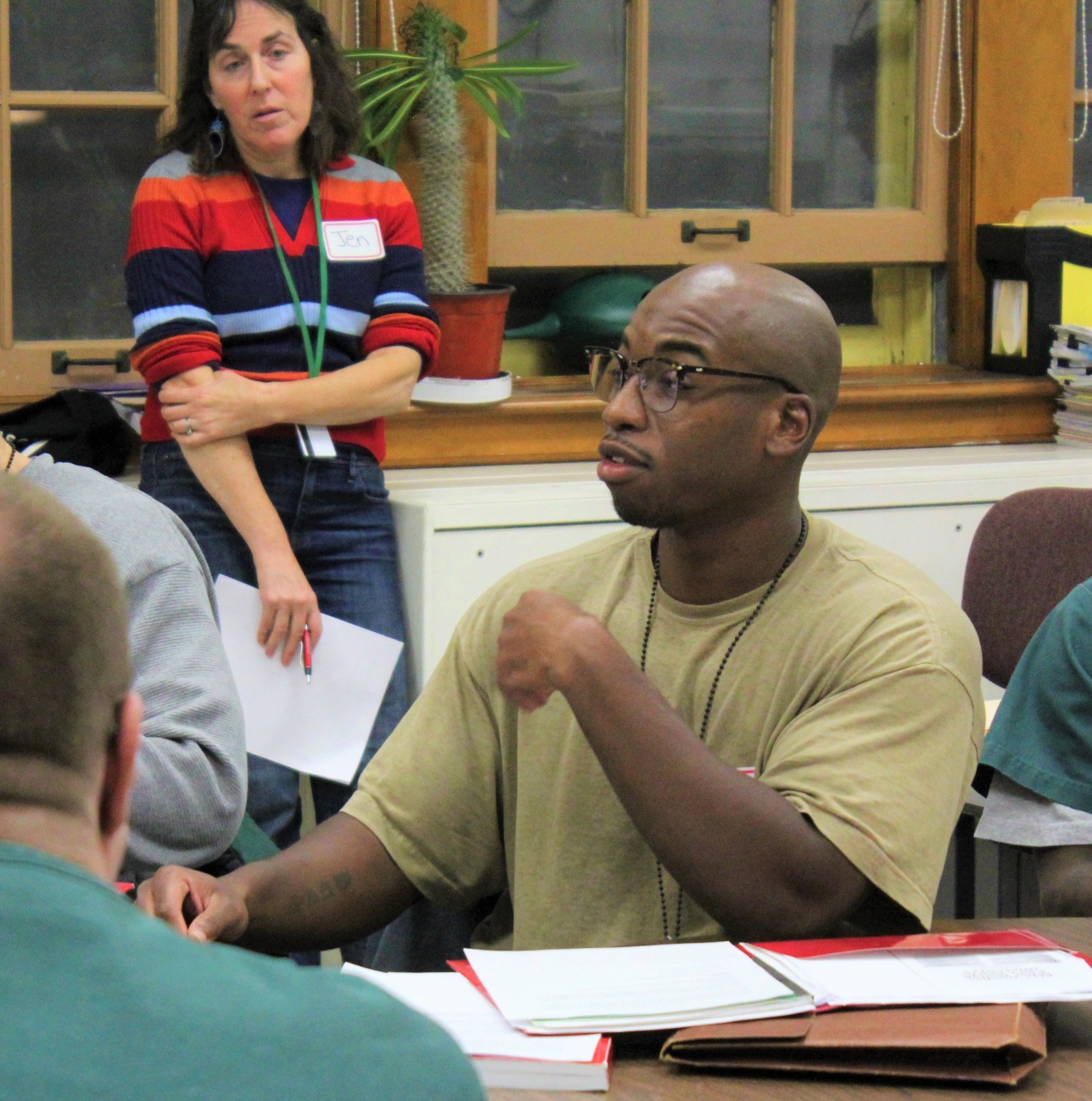
Photo credit: UW Odyssey Project
Moreno’s background is as an attorney who has worked in law schools on wrongful conviction cases and a clinical law professor so he has developed familiarity with folks in prison through that legal work.
“That involves representation, but it also involves some teaching, so I have been teaching for close to 10 years,” he says. “I would generally leave the prisons with a sense of loneliness and desperation and disappointment although I felt I was doing good work, those feelings just pervade the prison system. And it’s difficult to walk out of the prison not feeling that – that you wish you could help folks, but you can’t.”
He experienced that for years until he was a part of the Odyssey Beyond Bars.
“Guys around the room were talking about how much the class had changed their lives and how they had new goals and things they wanted to accomplish academically and professionally, and I walked out of that prison that day with this very unfamiliar feeling of hope and fulfillment and achievement,” Moreno says. “I realized at that point that there is tremendous potential for this program to help a lot of people see what they are capable of doing and view themselves in a new light.”
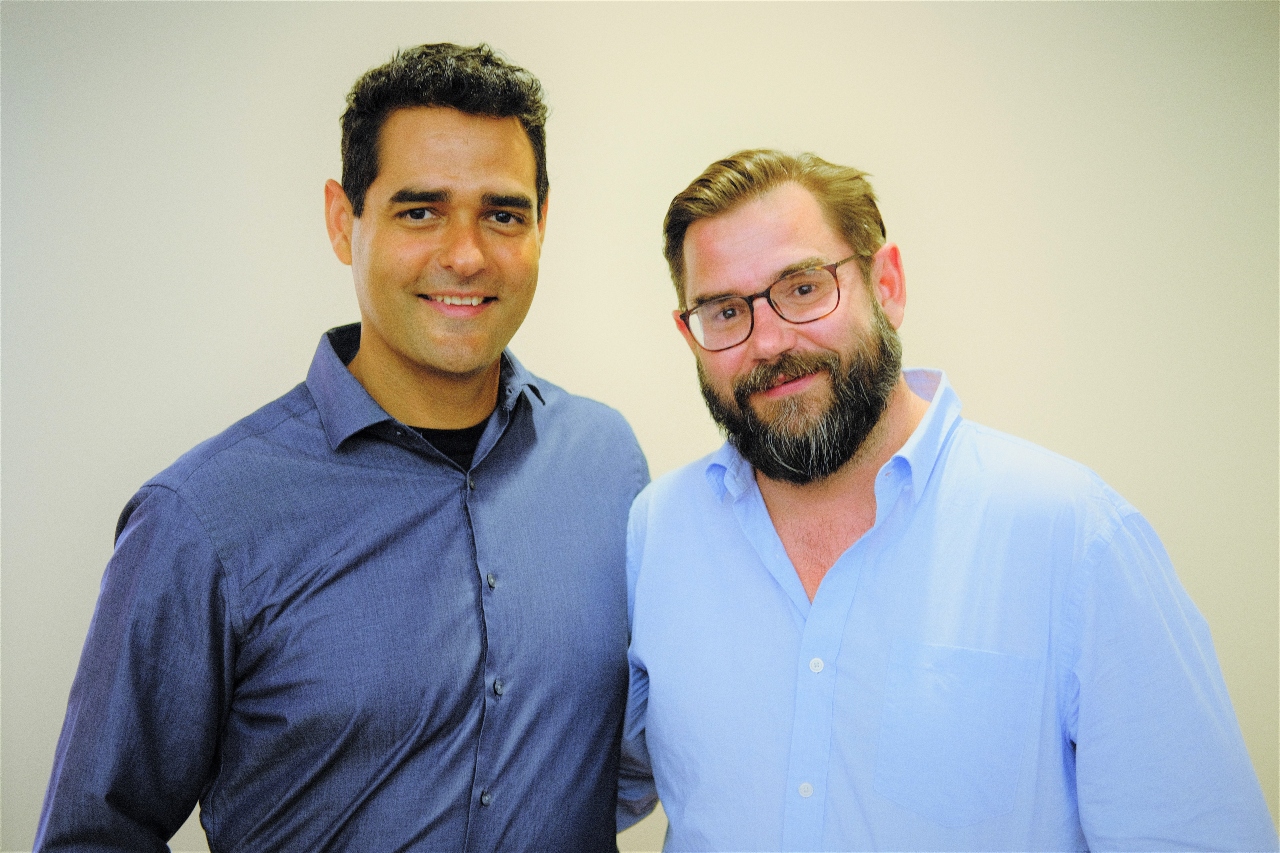
“Kevin and Emily have been some of the best instructors I’ve ever seen or taught with anywhere in any circumstances,” Moreno says. “They bring a really engaging, encouraging approach to their teaching. They routinely deliver life-changing courses for folks. So, it’s been rewarding for me to be a part of that kind of teaching project.”
So while Wisconsin’s prison population remains near a record high, and the state’s incarceration rate for African-American men is among the worst in the country, the Odyssey Beyond Bars program is providing opportunities for personal transformation and empowerment that men and women in prison might otherwise lack.
“The desire for this kind of material is very strong and it has been a great match. Many of the things that have made Odyssey successful in the community – that engagement, that wraparound approach and support with tutoring and academic advising – wound up translating beautifully to the prisons,” says Moreno.
“Many people in prison need a pathway to turn their life around, and education can provide that pathway,” Moreno adds. “I am excited to see the university offer people in prison some of the same opportunities for learning and transformation that we offer to our students on campus.”

























